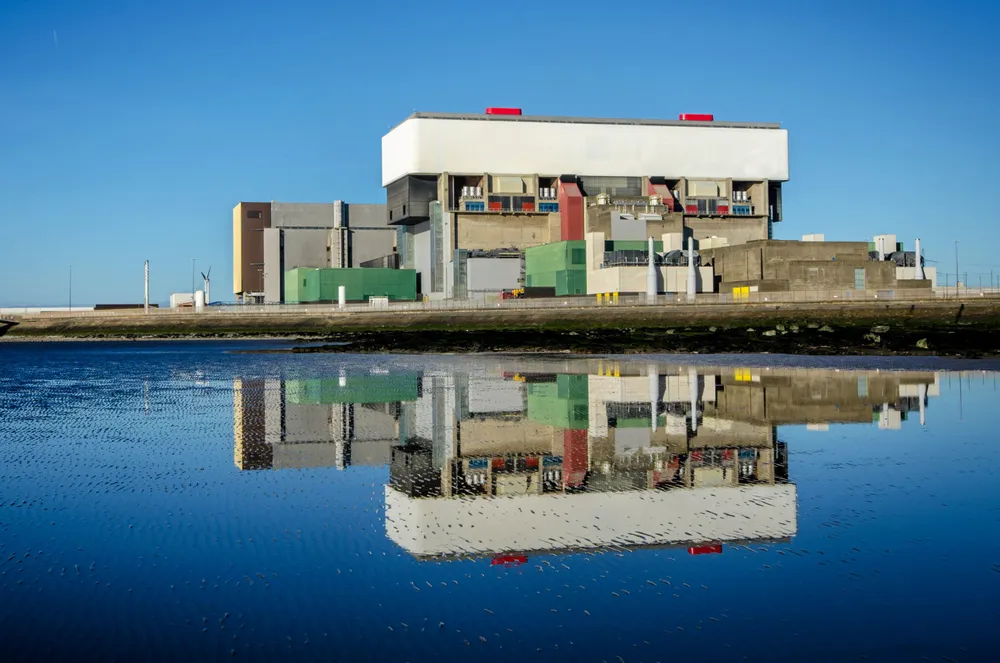EDF on course to produce UK's first nuclear hydrogen — to decarbonise asphalt — after winning government grant
The Bay Hydrogen Hub project would produce pink H2 by running power and steam from the utility's 1.25GW Heysham 2 plant through a solid-oxide electrolyser
